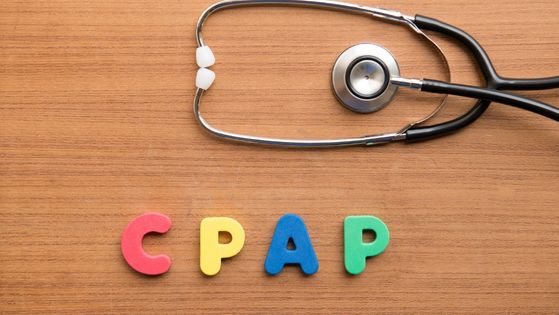Continuous positive airway pressure (CPAP) therapy is a common treatment for obstructive sleep apnea (OSA), a condition in which breathing is repeatedly interrupted during sleep. While CPAP can be effective for many people with OSA, some individuals may find the treatment uncomfortable or difficult to tolerate. Fortunately, there are a number of CPAP alternatives that may be able to provide relief for those who are unable or unwilling to use CPAP. In this article, we’ll explore some of these alternatives in detail.

Oral appliances
Oral appliances are custom-made devices that fit in the mouth and help to keep the airway open during sleep. They work by repositioning the tongue or jaw to prevent the airway from collapsing. While not as effective as CPAP for severe cases of OSA, oral appliances can be a good option for mild to moderate cases, or for those who find CPAP uncomfortable.
Surgery
In some cases, surgery may be recommended as a CPAP alternative. This can include procedures such as uvulopalatopharyngoplasty (UPPP), which removes excess tissue from the throat, or maxillomandibular advancement (MMA), which repositions the jaw to enlarge the airway. Surgery is typically only considered for severe cases of OSA that cannot be treated with other methods.
Positional therapy
Positional therapy involves changing the position of the body during sleep to prevent the airway from collapsing. This can include sleeping on the side instead of the back, or using specialized devices that help to keep the body in a specific position. While not as effective as CPAP for severe cases of OSA, positional therapy can be a good option for mild to moderate cases. Or for those who find CPAP uncomfortable.
Lifestyle changes
In some cases, making lifestyle changes can help to alleviate the symptoms of OSA. This can include losing weight, avoiding alcohol and sedatives before bed, and quitting smoking. While not a direct CPAP alternative, lifestyle changes can be a good way to improve overall health and reduce the severity of OSA symptoms.
Alternative therapies
There are a number of alternative therapies that may be used as a CPAP alternative. These can include acupuncture, yoga, and meditation, among others. While there is limited scientific evidence to support the effectiveness of these therapies for OSA. Some individuals may find them helpful in reducing symptoms.
Conclusion
In conclusion, CPAP is a common treatment for OSA, but it may not be the best option for everyone. Fortunately, there are a number of CPAP alternatives. That may be able to provide relief for those who are unable or unwilling to use CPAP. If you are struggling with OSA, speak to your healthcare provider about the various treatment options available to you. With the right treatment, you can improve your sleep and your overall quality of life.
